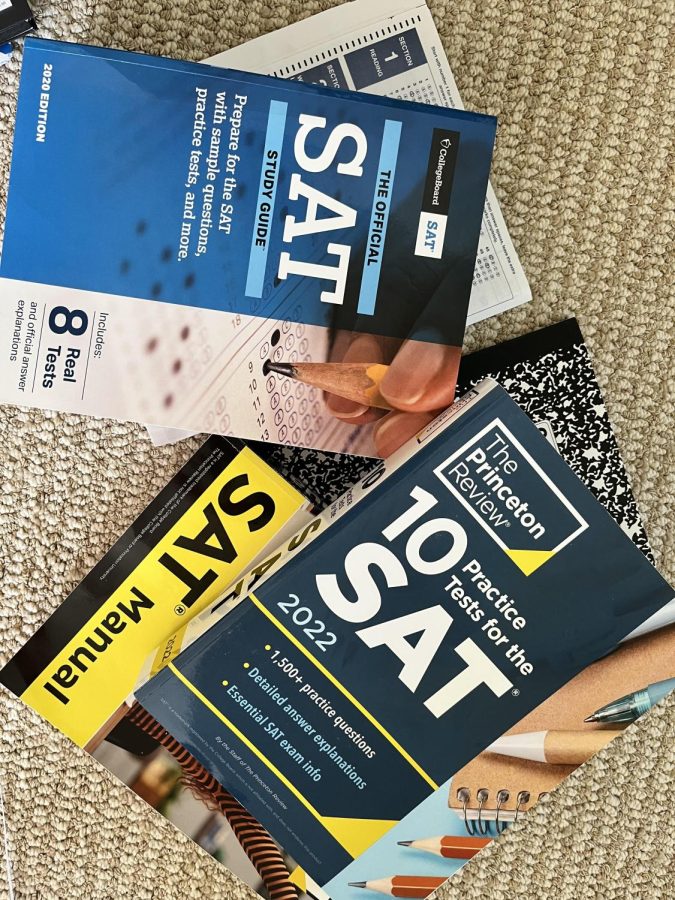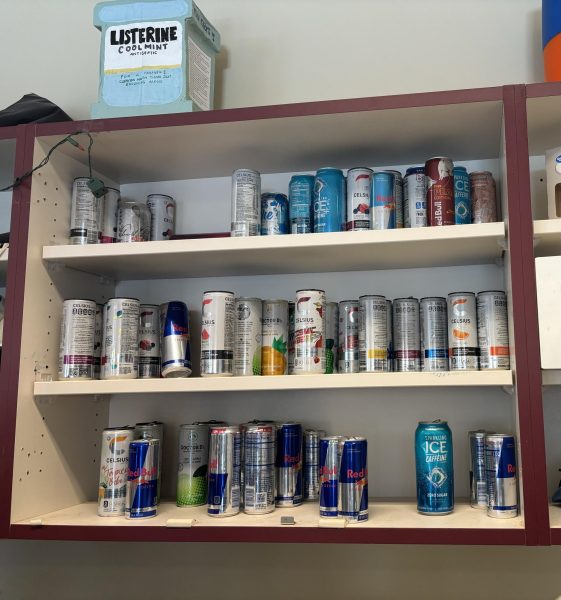Is the SAT still valuable?
As many PHS high school juniors continue their college searches and final preparations for college applications, a looming question remains: How valuable is the SAT in the application process?
In light of the Covid-19 pandemic, many colleges and universities chose to institute policies that allow students to submit applications without an SAT or ACT score.
In the fall of 2022, over 75% of colleges and universities in the United States remained test-optional. Yet, with the improvements in the pandemic situation, is it hard to determine the future of standardized testing. Many hope the changes are here to stay.
Carley Trudel, a PHS junior, prepared for the SAT and sat for the exam in March: “I just don’t think it [the SAT] fairly represents students’ abilities to succeed,” Trudel said, regarding the value of the SAT. “WPI (Worcester Polytechnic Institute) changed their testing policies a long time ago because they think low test scores discourage good students from applying, and they saw no negative difference. WPI doesn’t even accept scores anymore.”
Some universities stay true to tradition by requiring test score submission. For example, Georgetown University, a frequently top-ranked university continues to require a full rundown of the applicant’s test score history.
It is not only universities that are conflicted over the standardized test debate.
Audrey Sargent, a PHS junior who also prepared for the SAT in March, had a different take than many students: “As someone who has a good score, I am tempted to say it has some value. It’s a satisfying experience. I prepared, took the test, and it paid off. I don’t think it measures how smart you are, it is kind of outdated and tries to trick you.”
The SAT, which was founded in 1926, was a modification of the Army Alpha IQ test, which was used to evaluate the intelligence of US Army recruits. Ultimately, this test has transformed into the modern SAT.
The modern SAT claims to provide colleges and universities with a common data point to use to compare all applicants, which measures college readiness and performance potential.
Along with a high school GPA, transcripts, letters of recommendation, extracurriculars, interviews, and personal essays, the SAT is a common factor in the admissions process.
Although many universities will consider the test scores if submitted, the value of the SAT seems to be generally decreasing. Jay Martineau, a PHS chemistry teacher addressed the importance of the test: “I think we are moving beyond standardized testing, and looking at the whole personal portfolio of students.”
Mixed feelings remain for many, and ultimately, most juniors will end up taking the SAT to submit to the schools, even with the apparent general decrease in consideration.










